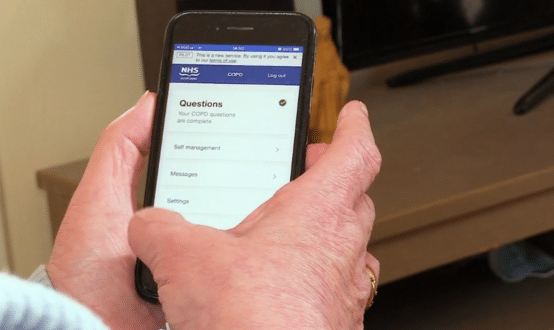Draft NICE guidelines suggest apps can support behavioural change

Draft guidelines from the National Institute of Clinical Institute (NICE) have advised that apps and online programmes that support behavioural change could help people achieve their health goals.
Published on 24 January, the guidelines suggest that digital interventions including apps, wearable devices and online platforms may people be more physically active, manage their weight, quit smoking and reduce alcohol intake.
The recommendations are in line with the NHS Long Term Plan, though NICE states digital tools should be offered in addition to existing health and care services, not as a replacement.
Paul Chrisp, director of NICE’s centre for guidelines, said: “Digital interventions for behaviour change could help people make important improvements to their lifestyle, which may reduce their risk of developing serious chronic conditions such as diabetes and cardiovascular disease.
“Clinicians may choose to consider these interventions as an option to work alongside traditional health care services towards a change in behaviour.”
The draft guidance recommends using resources from expert sources when possible, such as Public Health England and the NHS Apps Library, to ensure content has been assessed for safety, effectiveness and data security.
While highlighting the potential benefit of digital interventions, the NICE recommendations acknowledge possible complications with their use and urge clinicians to take care that patients do not rely on apps as a way of avoiding seeing a professional.
The guidelines also point to the uncertainty of their effectiveness when used alone, and recommends them only as supportive tools in addition to regular services.
It is therefore recommended that healthcare professionals advise patients on digital interventions as appropriate, on a case-by-case basis.




